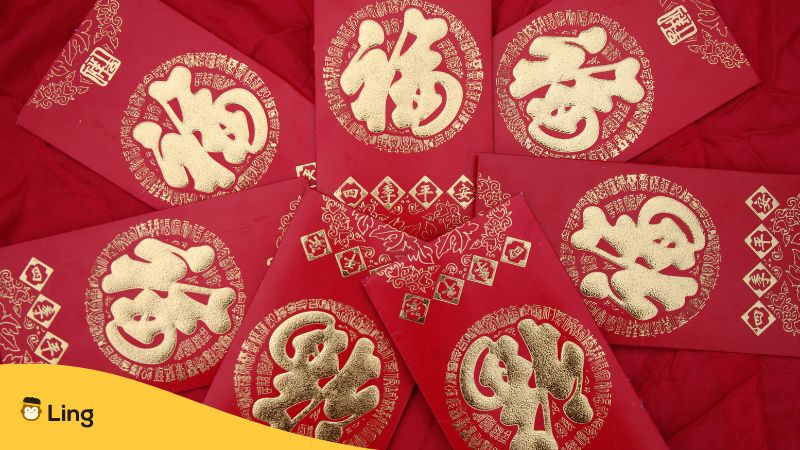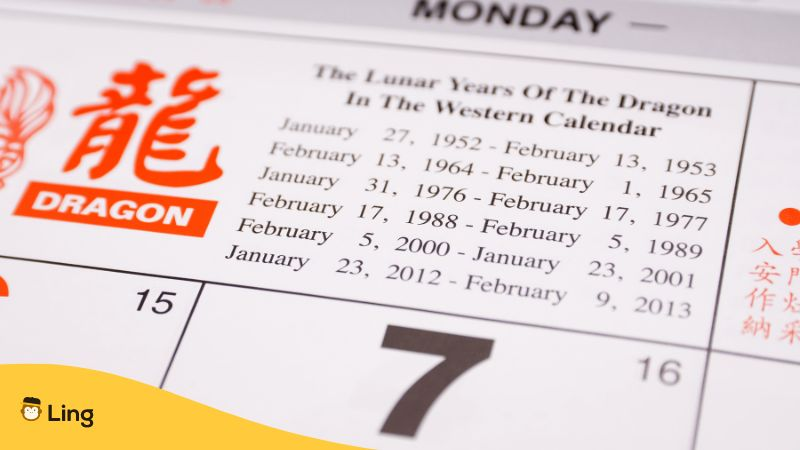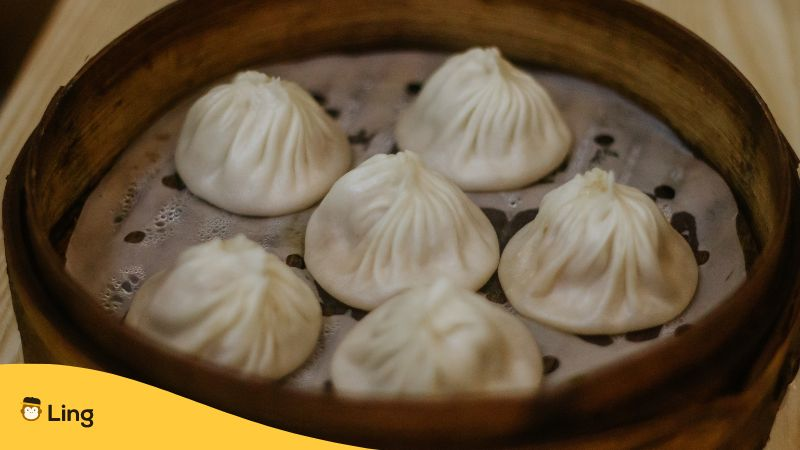Wander the ancient streets of China—a culturally rich land, where you’ll discover the Chinese superstitions, customs, and beliefs that have shaped lives for centuries. From the magic of the number eight to the protective charm of lucky trinkets, each superstition reveals a captivating facet of Chinese culture. Ready to learn more about this interesting topic? Read on!
Superstitions In Chinese
Chinese superstitions, “迷信” (míxìn), are a captivating blend of beliefs deeply woven into the country’s rich cultural tapestry. They span every facet of life, from the profound to the mundane. Ancestral reverence stands as a cornerstone, with families paying homage to their forebears through rituals and offerings, seeking their protective and guiding spirits. Feng Shui, the art of harmonizing one’s surroundings, wields a significant influence, shaping home designs and even business strategies.
Numerology also adds an intriguing layer, where numbers like 8, “八” (Bā), are revered for their association with good fortune, while 4, “四” (Sì), is viewed with caution due to its phonetic link to bad luck. During the Lunar New Year, superstitions come alive, with red envelopes, crackling firecrackers, and a thorough home cleanse believed to ward off negativity.
What is superstition without the zodiac signs, right? The Chinese astrology, “占星学” (Zhānxīng xué), featuring twelve animal signs, is believed to guide life choices and compatibility, creating a vibrant mosaic of beliefs that continue to impact the lives and choices of people not just in China but across the globe.
Different Chinese Superstitions
Lucky Numbers
The number 8 is hailed as the ultimate symbol of prosperity and wealth. Why, you ask? Well, it’s all in the sound! When spoken, “8” sounds like the word for “wealth”, “财富” (Cáifù), and “prosper,” “繁荣” (Fánróng), making it a cherished digit for those seeking good fortune.
But hold on to your hats because it’s not all sunshine and rainbows! If you divide that number into 2, the number 4 takes an entirely different turn. In Chinese, it sounds eerily similar to the word for “death,” “死亡” (Sǐwáng), sending shivers down the spines of many. So, if you ever find yourself in a numerical conundrum, remember: 8 might just be your ticket to a prosperous future, while 4… well, you might want to steer clear!
Colors
Are you about to choose an outfit? Well, you better be careful about which color should you pick. Chinese culture assigns symbolic importance to colors. Red, “红色的” (Hóngsè de), is thought to be the happiest hue and is connected to joy and fortune. White is a color of grief and is often used in funeral decorations.
Direction And Feng Shui
Chinese culture has a strong foundation in the principles of Feng Shui, the art of organizing one’s environment to achieve harmony and balance. Buildings and objects that are positioned and aligned correctly are said to bring luck and wealth.
New Year Traditions
Superstitions abound during Chinese New Year, also known as the Spring Festival. In order to ward off ill luck, people tidy up their homes, adorn them with paper cutouts and red lanterns to entice fortune and stay away from specific behaviors.

Lucky Charms And Talismans
Red envelopes or “红包” (hongbao), Chinese knots, and figurines of deities or animals are among the popular fortunate charms and talismans that people wear or display because they are thought to bring luck and protection.
Gift-Giving
Clocks are typically avoided while presenting gifts since the expression “giving a clock” or “给一个时钟” (Gěi yīgè shízhōng) sounds similar to “attending a funeral” or “参加葬礼” (Cānjiā zànglǐ). Additionally, avoid using sharp instruments like knives and scissors because they represent cutting bonds or connections.

Avoiding Unlucky Days
When choosing the right time to get married, move into a new house, or launch a business, some individuals look to the Chinese lunar calendar. It is advised to avoid certain days since they are thought to be unfortunate.
Dream Interpretation
Dreams are important in Chinese culture, and certain dreams are seen to be omens. For instance, dreaming of a dragon or flying is regarded as a good omen, whereas dreaming of a snake may indicate peril.

Eating Symbolic Foods
Fond of Chinese food? A few meals have symbolic implications and are consumed on particular occasions. For instance, fish is served whole to signify abundance and prosperity, while dumplings are made to resemble old Chinese money to signify wealth.
Ancestral Worship
During the Qingming Festival, a lot of Chinese families pay tribute to their ancestors by visiting their graves, giving offerings, and burning incense. Failure to comply is viewed as disrespectful and could be unlucky.
Words Related To Chinese Superstitions
Words tied to superstitions are like magic keys that open doors to traditions that have been rockin’ in China for centuries. Let’s get to know some of them below!
| English | Chinese | Pronunciation |
|---|---|---|
| Taboo | 忌讳 | jì huì |
| Feng Shui | 风水 | fēng shuǐ |
| Yin and Yang | 阴阳 | yīn yáng |
| Red Envelope | 红包 | hóng bāo |
| Dragon | 龙 | lóng |
| Phoenix | 凤凰 | fèng huáng |
| Lucky | 幸运 | xìng yùn |
| Unlucky | 不幸 | bù xìng |
| Ghost | 鬼 | guǐ |
| Ancestor | 祖先 | zǔ xiān |
| Talisman | 护身符 | hù shēn fú |
| Incense | 香 | xiāng |
| Offerings | 祭品 | jì pǐn |
| Lunar New Year | 农历新年 | nóng lì xīn nián |
| Joss Paper | 冥币 | míng bì |
| Evil Eye | 邪眼 | xié yǎn |
| Lucky Charm | 幸运符 | xìng yùn fú |
| Unlucky number | 不吉利的数字 | Bù jílì de shùzì |
| Green hat | 绿帽子 | Lǜmàozi |
| Double happiness | 双倍快乐 | Shuāng bèi kuàilè |
| Bad fortune | 霉运 | Méi yùn |
| Auspicious flower | 吉祥花 | Jíxiáng huā |
Learn Chinese With Ling!
Excited about your upcoming journey to China and eager to greet the Chinese people like a native speaker? Now is the best time to try out the Ling app!
Ling is your ultimate language learning sidekick, offering top-notch educational resources that cater to individuals and businesses alike. Whether you need a quick language boost for self-expression or a comprehensive guide to mastering Chinese, Ling has your back. Don’t wait! Dive right in and snag Ling from the Google Play Store or the App Store today. Your linguistic adventure awaits!





























































